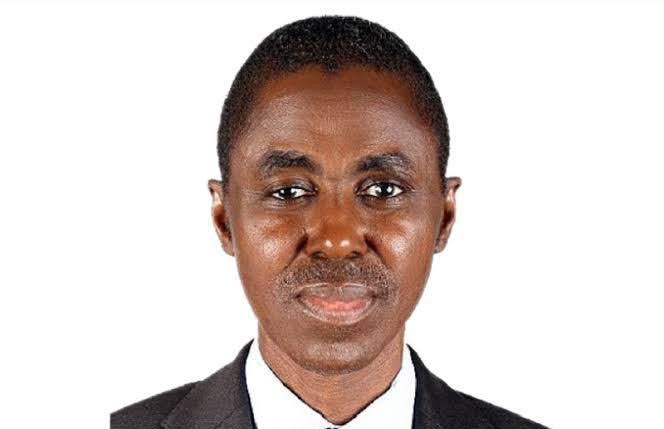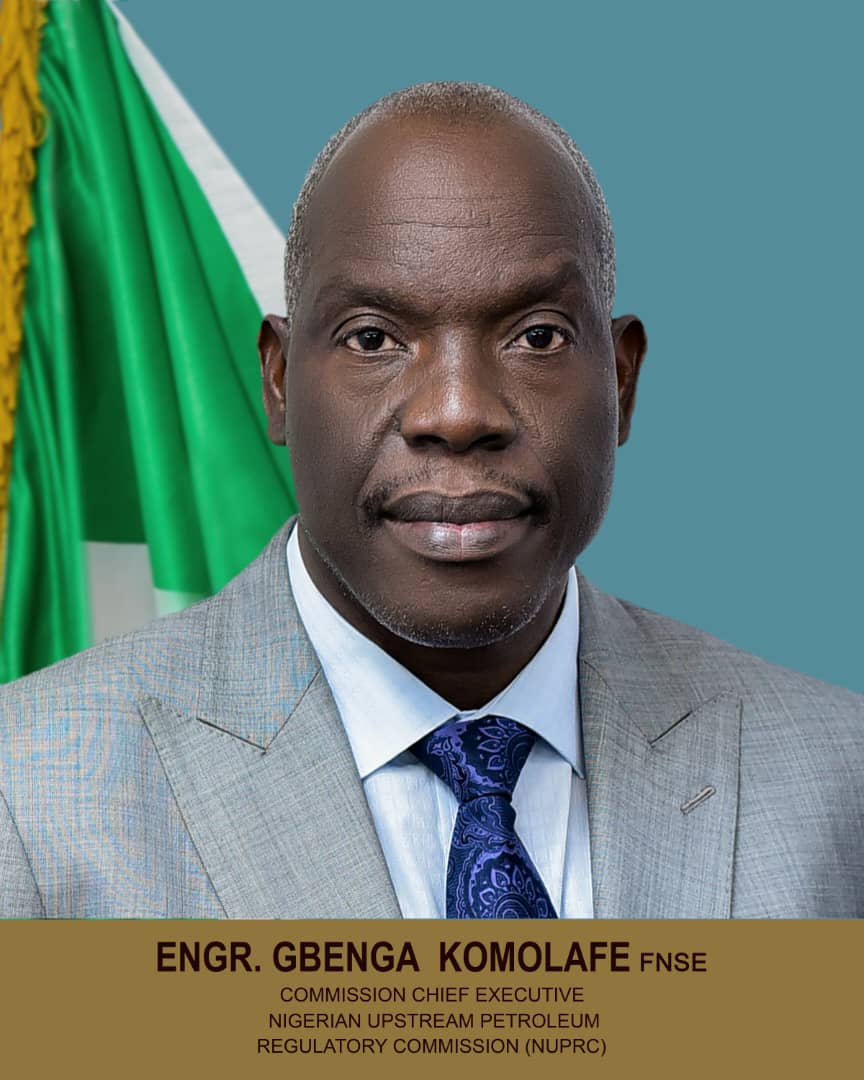
Ikeja Electric Celebrates Heroic Workforce
Mohammed Shosanya Ikeja Electric Plc (IE),has reiterated its commitment to accelerated network upgrades aimed at providing efficient service delivery to her customers. This assurance was made in a statement issued by the










